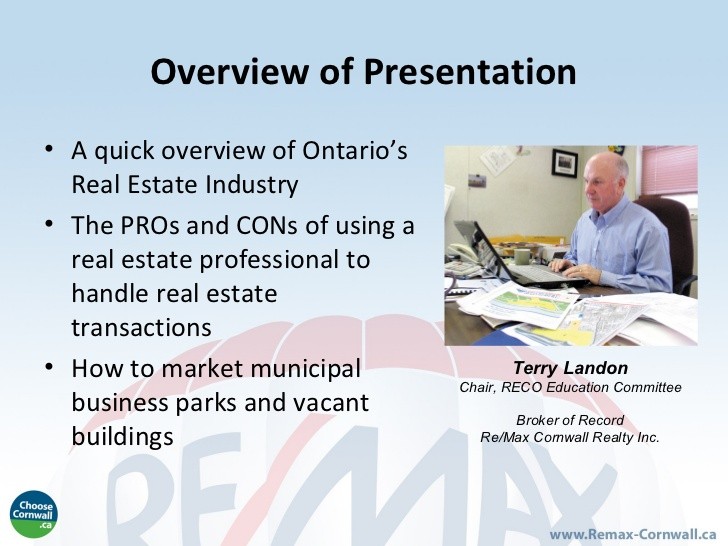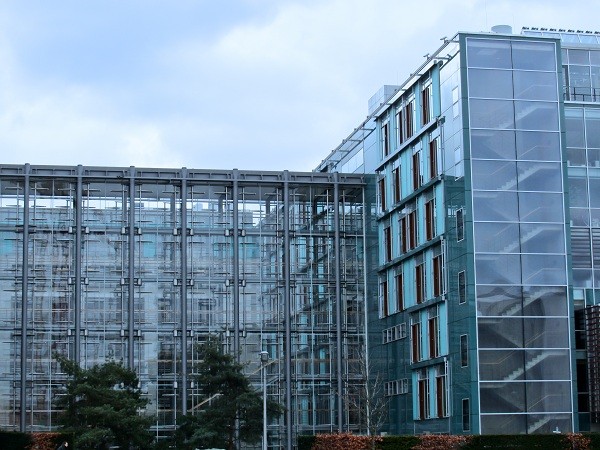Commercial Property An Overview and the Pros and Cons
Post on: 7 Август, 2015 No Comment

Tags:
By +Peter Mindenhall — Wednesday 22 September 2010
After a difficult few years, commercial property made a comeback in early 2010. 2008 saw decreasing values for the asset class but Q2 2010 saw a rise in both values and interest from investors, the Investment Management Association (IMA) reported that the commercial property sector was the third most popular asset class with investors in June this year.
However, more recent reports from the likes of Knight Frank and Cluttons are signalling falling values and rents and with government fiscal measures such as public sector job cuts and a rise in VAT (to 20% in January 2011) the future is looking far from rosy.
Typically, during recessionary periods commercial property is the first to suffer as consumer confidence has a significant impact on the asset class. The economy plays a large part in commercial property values and rents; if unemployment is high, the market is usually down. Fewer companies are hiring staff therefore unemployment levels are high, so consumers spend less money which then affects retail sales, which then has an impact on business income and businesses are less likely to be able to continue paying rent.
The commercial property market in the UK is currently more attractive to international investors due to the weak pound and the increasing supply of property in London.
Investing in commercial property can bring many benefits however; as with any investment there are both pros and cons to investing so we have provided a few of the most significant ones below:
The upside of commercial property investing:
Longer leases than residential property;
Leases are typically between 3 and 20 years as businesses will need to establish a base.
The property is looked after;
Usually the tenants will take care of the maintenance of the property; they are also more likely to take care of the property because it will have a negative impact on their business if they don’t.
Rents are higher and more predictable;
Commercial property rental income is greater than residential and is usually reviewed upwards on an annual basis.
Time to replace tenants;
The lease will usually require the tenant to inform the property owner if they do not intend to renew the contract up to six months before it expires, giving the investor more time to look for a new tenant. (As opposed to residential where traditionally only a months notice is required)
The downside of commercial property investing:
Higher costs;
Both the initial cost and transaction costs are high for commercial property. In the UK Stamp Duty is around 4%. The value of the property will be higher if it is located in a city centre or if it is a large warehouse outside of a city.
Lower LTV , Higher financing costs;

Most lenders require a deposit of at least 30% on financing. The costs of financing are generally higher than for residential property and the investor will need to prove to the lender that the property will perform, so that the rental income will cover the monthly repayments with more to spare. The lender will carry out full due diligence before allowing an investor to take on a commercial mortgage.
Vulnerable to economic downturns;
The commercial property market is more susceptible to downturns in the economy. The rental income derived is obviously dependant on the business that rents the property from the owner, so the company renting the property really needs to be in a successful arena in order for lease agreement to run as smoothly as possible.
There are many rules and regulations;
Commercial property is subject to zoning regulations, planning consent and use regulations. There are also building regulations to consider such as DDA (Disability Discrimination Act), Sound Insulation, Thermal Insulation, Fire Barriers and Doors, Emergency Lighting, Fire Alarm Systems, Fire Certificates, Security etc.
Higher vacancy rates mean higher risk for investors. The turnover of tenants using commercial property is generally slower due to the nature of the business itself, and the fact that capital growth in the commercial sector tend to be lower.
Lack of liquidity;
Commercial property transactions are lengthy and large, particularly in a down-market and make this asset type less liquid, and appealing to a smaller demograph.
When investing in commercial property, research is key; look into the location and surrounding businesses and search for property for tenants, not for you. Traditionally this type of investment has been undertaken by institutional investors and property professionals but with a wealth of information available and thorough research into the market it makes investing in commercial property more accessible.
If however, after all of that it still leaves you a little wary of diving into commercial property as an investment, there are always various property funds and specific Real Estate Investment Trusts (REITs) that can be considered, enabling you as an investor to still gain a piece of the action, without the indubitable headache and expense of going all out and trying to do it yourself.














